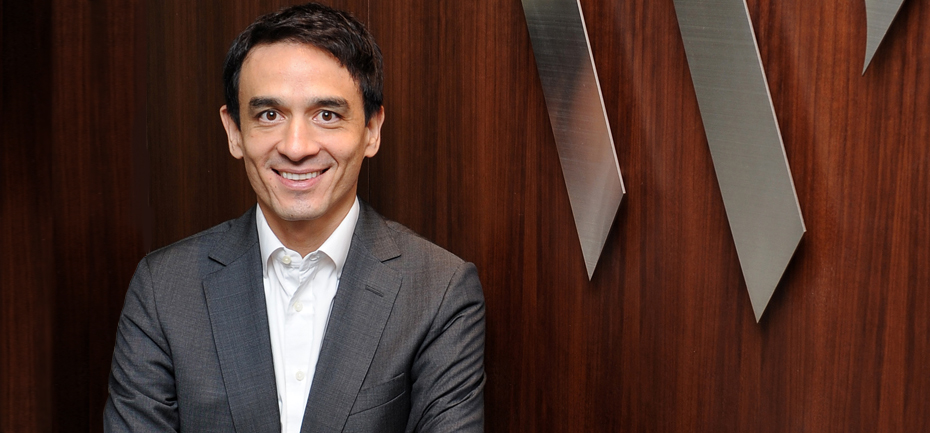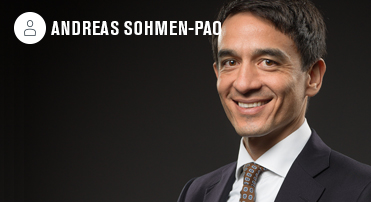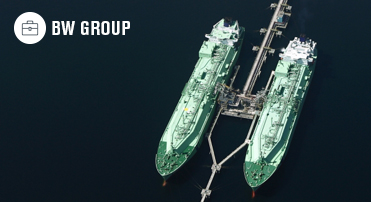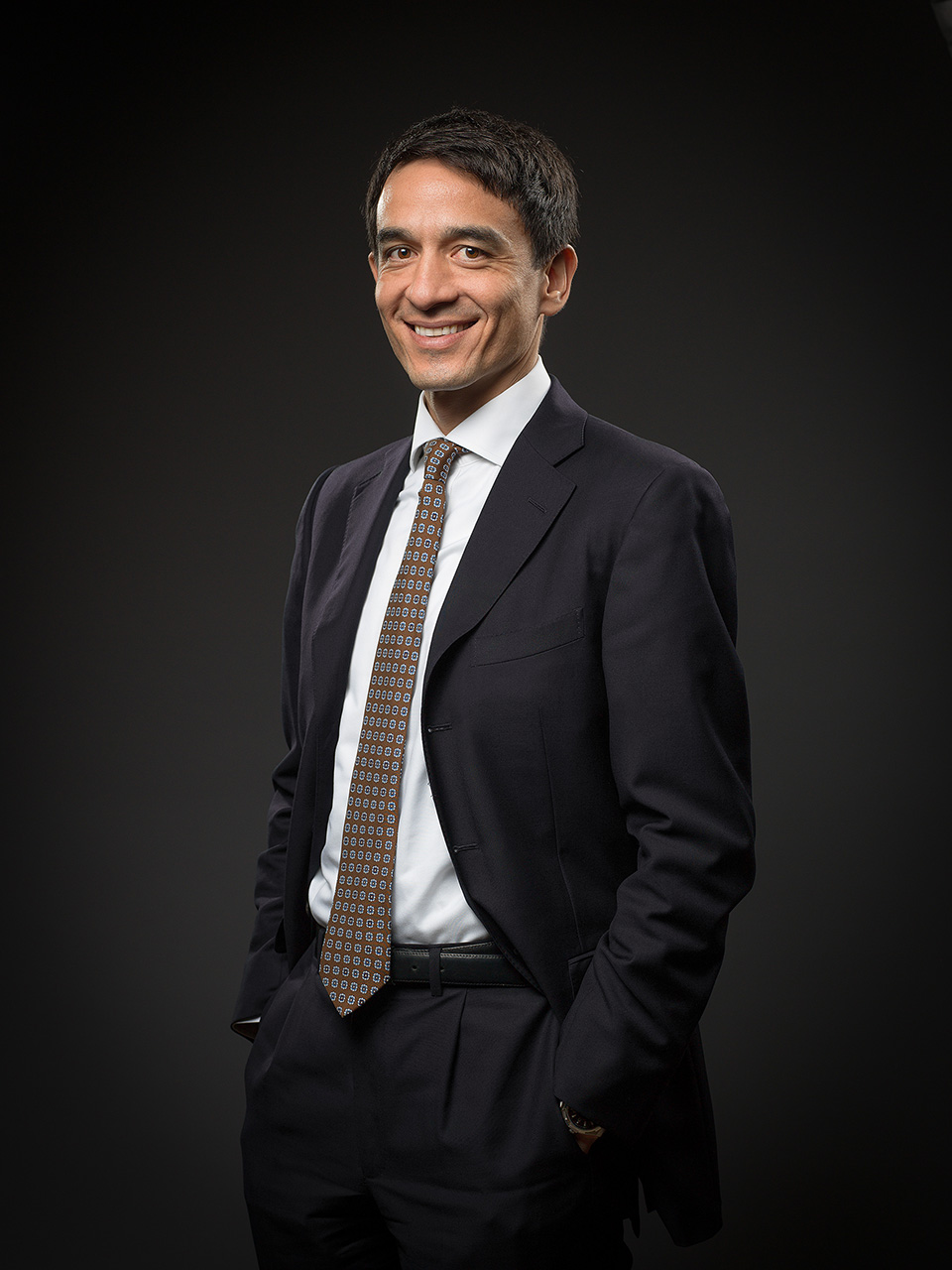
ANDREAS SOHMEN-PAO
Andreas Sohmen-Pao is CEO of BW Group and a director of BW Offshore Ltd. He is a non-executive director of the Hongkong and Shanghai Banking Corporation Ltd, the Esplanade Co. Ltd and National Parks Board (Singapore), a board member of the Singapore Maritime Foundation, and a member of the Singapore Sports Council and the Singapore Symphony Orchestra Council. Sohmen-Pao previously worked at Goldman Sachs International in London. He has served as a director of the London P&I Club and the Maritime and Port Authority of Singapore amongst others.
More information: ANDREAS SOHMEN-PAO
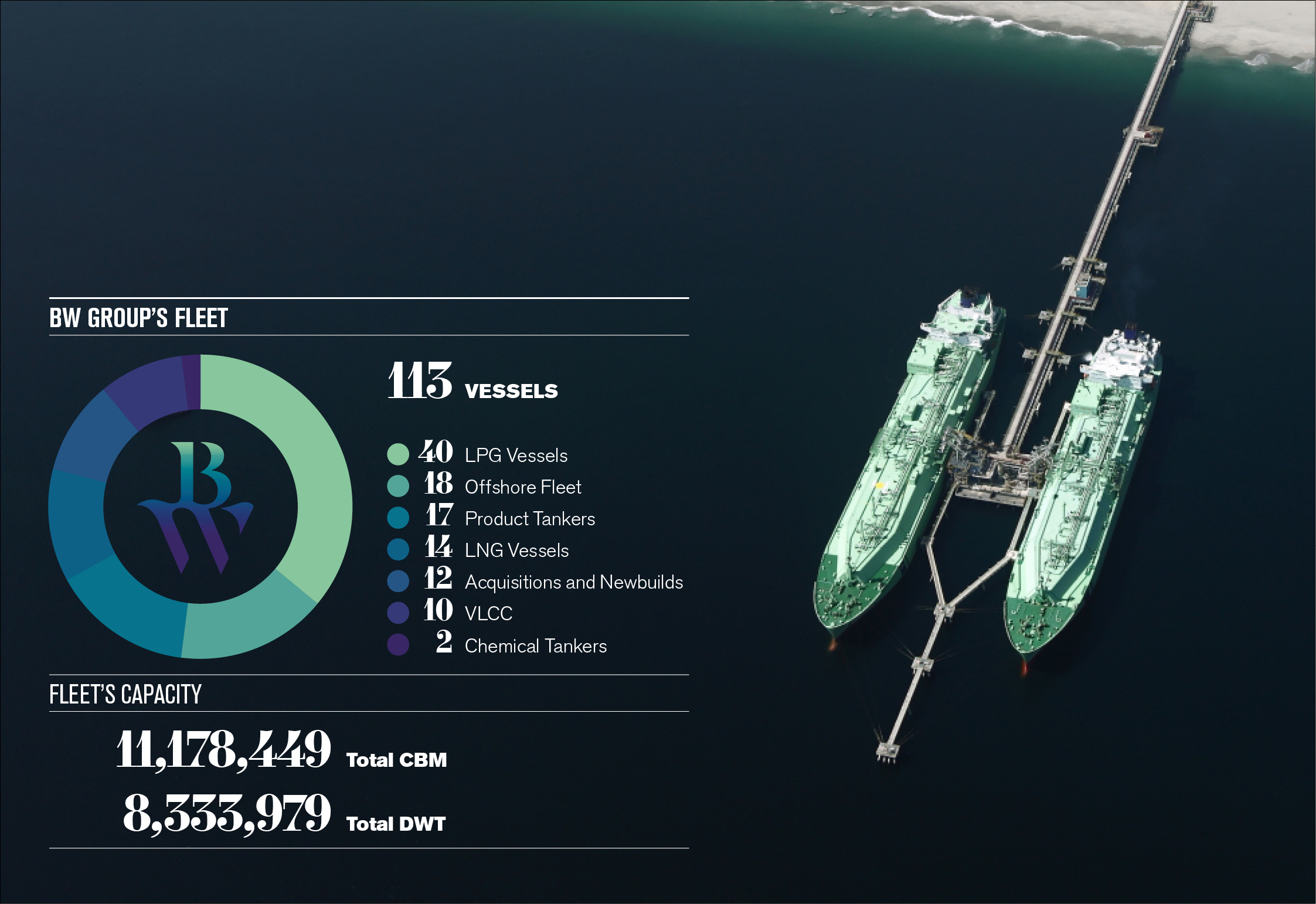
BW GROUP
Operates a fleet of 113 owned, part-owned or controlled vessels including tankers, LNG and LPG carriers, and FPSOs. World-Wide, founded in 1955 in Hong Kong by Sir Y.K. Pao, became the world's largest shipowner by 1979. Helmut Sohmen became chairman in 1986 and took over Norway's Bergesen in 2003 and rebranded firm as BW.
Why have you chosen two of the world's top five maritime capitals - Singapore and Oslo - as hubs for your business?
Some maritime clusters have developed by historical circumstance and others through proactive shaping by govern- ments. As a result of these forces, some centers now stand out, amongst them Oslo and Singapore. We became more involved in Oslo though the acquisi- tion of Bergesen - a large Norwegian shipping company - 10 years ago.We chose to keep a presence there because we see a strong maritime cluster with a lot of the competence we're looking for, in gas and offshore for instance.
Having said that, we see a much more proactive and welcoming attitude by the government here in Singapore, which I think approaches the maritime industry in a thoughtful and constructive way. And as a result of this, Singapore has been able to attract some of the top maritime and offshore companies, including some of our customers, the oil and gas traders. This makes Singapore a great place to be from a maritime perspective.
One element of the Singapore government's approach is creating a stable, long- term fiscal framework that gives companies visibility on how they will be treated from a tax perspective. This is very important when we're investing in long-term assets. We've seen in other places that change- ability and volatility in tax policies make it very difficult to sustain a business. But Singapore has gone further by focusing on generating the right talent for the industry and supporting R&D with funds. Over- laying all of this is a willingness to listen and to take a collaborative and constructive approach. Singapore walks a balanced line between understanding and enforcing the regulatory role of government whilst listening to good ideas and being willing to make changes where required.
You are seen as something of an advocate of young maritime professionals. How important is young talent for your business?
Getting the right talent has always been a challenge and will remain so. Of course, computers and electronics have changed the shipboard environment, while regulations and customer expectations are constantly increasing. Therefore, a captain or a chief engineer now needs to be more than a competent navigator or technician - they must also be able to deal with customers, handle documentation and computers. So today we do need a versatile person on the bridge who also has underlying seamanship. In the office we still need good commercial, financial and engineering skills. I'm not sure there's been a huge shift in core skills, although the world is becoming more complex with a rise in the speed of information and capital flows.
At BW, we're fortunate in having a good reputation that brings people to us, but we also have robust recruiting processes. It's vital that we put the right skills and attitudes together to create the right team. Being a dynamic group, constantly investing in ships and companies and developing new business areas, creates a stimulating work environment. In addition, we work to get the soft factors right too, like having a positive culture.
We rotate people at all levels of the organization. For example our head of commercial used to be our head of fleet management. We run internship programs to bring in young recruits. We invest heavily in training for our sea staff. There's no single formula for creating the right talent base and team, but rather a blend of many factors.
BW has initiated a number of innovative, multi-party collaborations. Why is this part of your strategy?
Well, we don't have unlimited resources so we need to invest in the right areas and the right technologies. But it all starts with sharing ideas.
We've put together a few different coalitions. Sometimes, it's simply co-investing in research, which we've done in the past with other industry participants. Sometimes, it's pulling together different industry participants to work on a particular area - for instance, energy efficiency - where we think that having several stakeholders or different points of view will yield a better answer than just trying to do it from one industry angle. For instance, to bring together a classification society, research institution, engine manufacturer and industry participants from different sectors can be a good model for finding new answers.
Another example of our risk-and-reward- sharing strategy is our recent IPO in the LPG sector, where we're actually very positive about the outlook but sold down some shares. On the one hand, we've been investing very heavily in anticipation of significant demand changes. But we're also conscious that sharing risks and rewards with other investors is a way to balance our portfolio, so that we're not over-exposed in a particular segment.
What are the keys to managing a fleet as large and diverse as BW's in an optimal fashion: voyage optimization, fleet deployment, power management?
The most important factor today is fuel efficiency, which is one of our major focus areas. We have an integrated approach, working on multiple work streams in parallel. They include hardware, coatings, hull cleaning, engine tuning, voyage planning and culture. The latter is critical because even with the best hardware and systems, efficiency often comes down to the action of the individuals on board. We're strong believers that all these factors have to be treated together, because if you only address one, you don't get its full benefit because all the other factors impact it.
So we still depend heavily on the skills of our people on board. Of course, we're working on improving our predictive maintenance and to understand what's going on on board the ship. As technology progresses we'll see the industry focusing more on getting a better picture of performance by collecting
ship information electronically and using data analysis. But today, and I suspect for quite some time in the future, much of that is down to the skills of the engineer on board. An analogy is driving a modern car with a computer that gives you warning signals. Sometimes these are wrong because there's a malfunction. It's a glitch and it says your tire pressure is low but your tires are actually fine. Likewise, you may get no warning signal but hear a strange noise from the engine and know something's wrong.
The human being is the most sophisticated computer in the world when we use all our senses, skills and knowledge to address optimization and problems. That's not to say we shouldn't employ technology and computers, but we shouldn't underestimate the human element. People talk about crewless ships, which is an interesting concept but I'm not sure I'll see it during my career.
The maritime world is becoming increasingly interconnected; your business and what happens at sea doesn't just stay at sea anymore. Is the industry moving into a new phase of transparency, where everything's in the public domain?
We've tried to practice transparency throughout the company's history. There was a period when people thought if something went wrong you could remain almost invisible, close your eyes and hope that it went away. I think there is a realization that you can't do that today, because things are very visible and are also commented on very quickly and widely beyond the traditional press.
We deploy all the requisite measures in terms of ethical and business standards. These are ingrained in our way of doing business. Even with all the visibility in the world, some companies still operate unethically, cutting corners or trying to find shortcuts to win contracts and save on operational costs. Transparency is not really an issue if you are acting in a responsible manner. Having said that, the real moment of truth is often how you respond to an issue when it arises.
So, the combination of visibility and the ability for people to share their views in public makes it more important than ever to be willing to stand up, be accountable and act responsibly.

